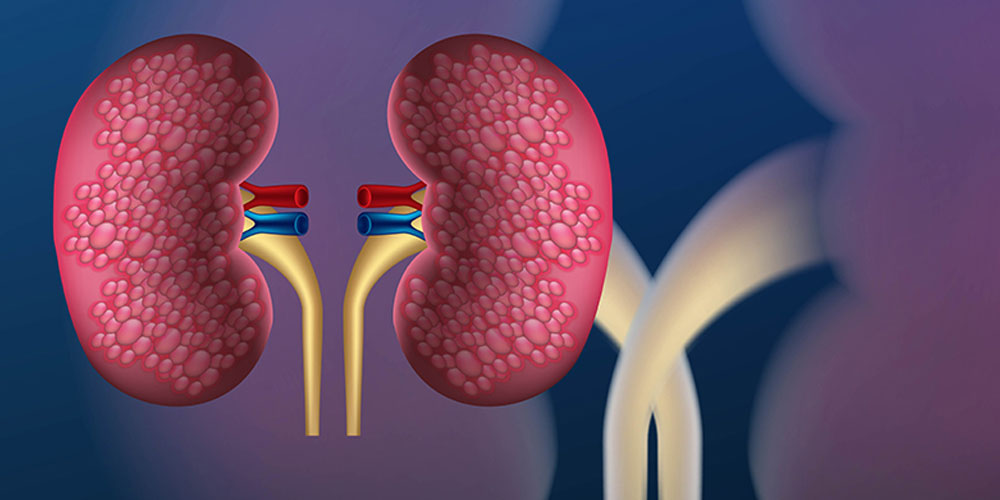
What is diabetic kidney disease?
Diabetic kidney disease is a type of kidney disease caused by diabetes.
Diabetes is the leading cause of kidney disease. About 1 out of 3 adults with diabetes has kidney disease.
The main job of the kidneys is to filter wastes and extra water out of your blood to make urine. Your kidneys also help control blood pressure and make hormones that your body needs to stay healthy.

Your kidneys are located in the middle of your back, just below your rib cage.
When your kidneys are damaged, they can’t filter blood like they should, which can cause wastes to build up in your body. Kidney damage can also cause other health problems.
Kidney damage caused by diabetes usually occurs slowly, over many years. You can take steps to protect your kidneys and to prevent or delay kidney damage.
How does diabetes cause kidney disease?
High blood glucose, also called blood sugar, can damage the blood vessels in your kidneys. When the blood vessels are damaged, they don’t work as well. Many people with diabetes also develop high blood pressure, which can also damage your kidneys. Learn more about high blood pressure and kidney disease.
You are also more likely to develop kidney disease if you have diabetes and
- ✅ smoke
- ✅ don’t follow your diabetes eating plan
- ✅ eat foods high in salt
- ✅ are not active
- ✅ are overweight
- ✅ have heart disease
- ✅ have a family history of kidney failure
Develop or maintain healthy lifestyle habits
Healthy lifestyle habits can help you reach your blood glucose and blood pressure goals. Following the steps below will also help you keep your kidneys healthy
- ✅ Stop smoking.
- ✅ Work with a dietitian to develop a diabetes meal plan and limit salt and sodium.
- ✅ Make physical activity part of your routine.
